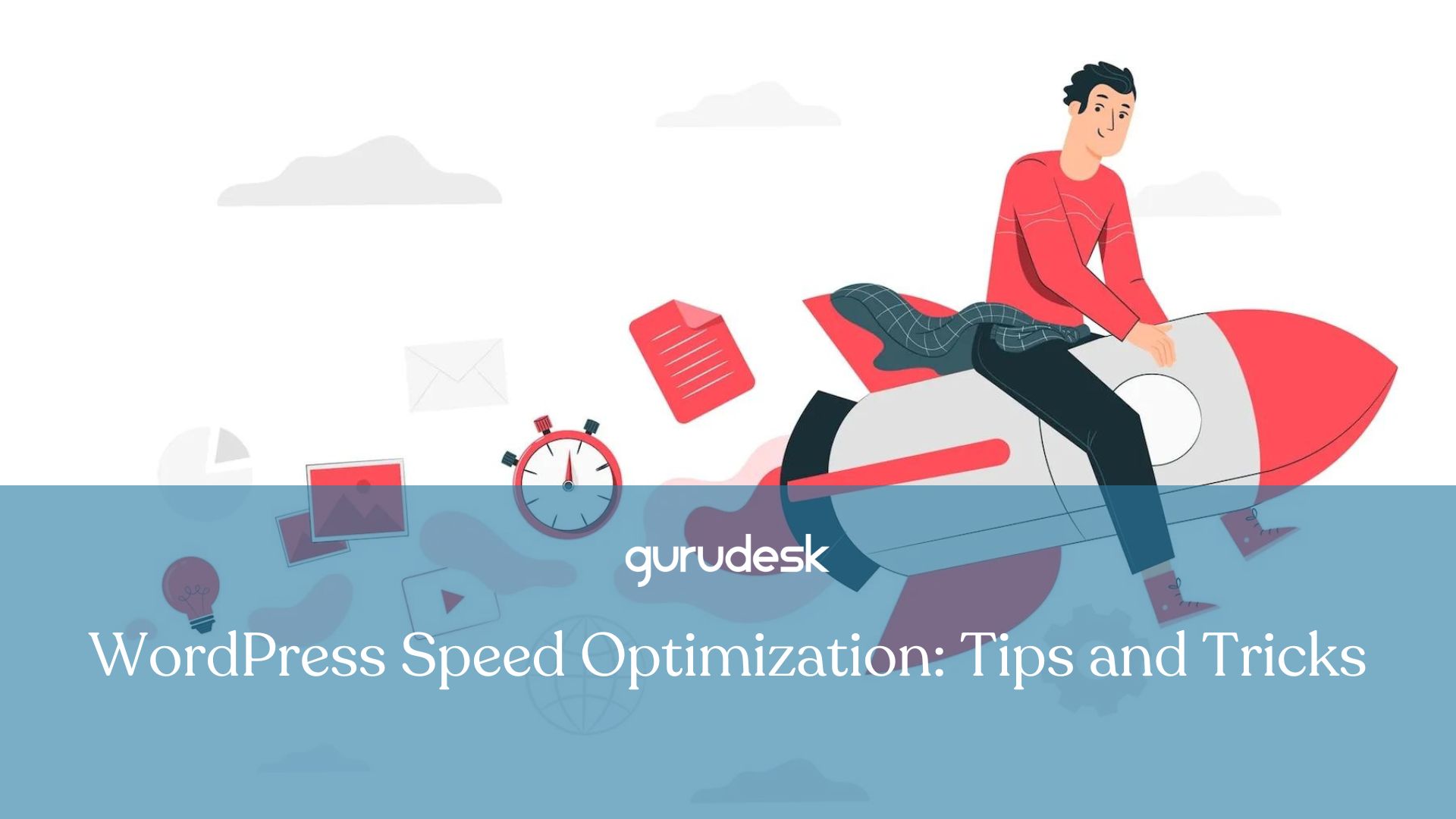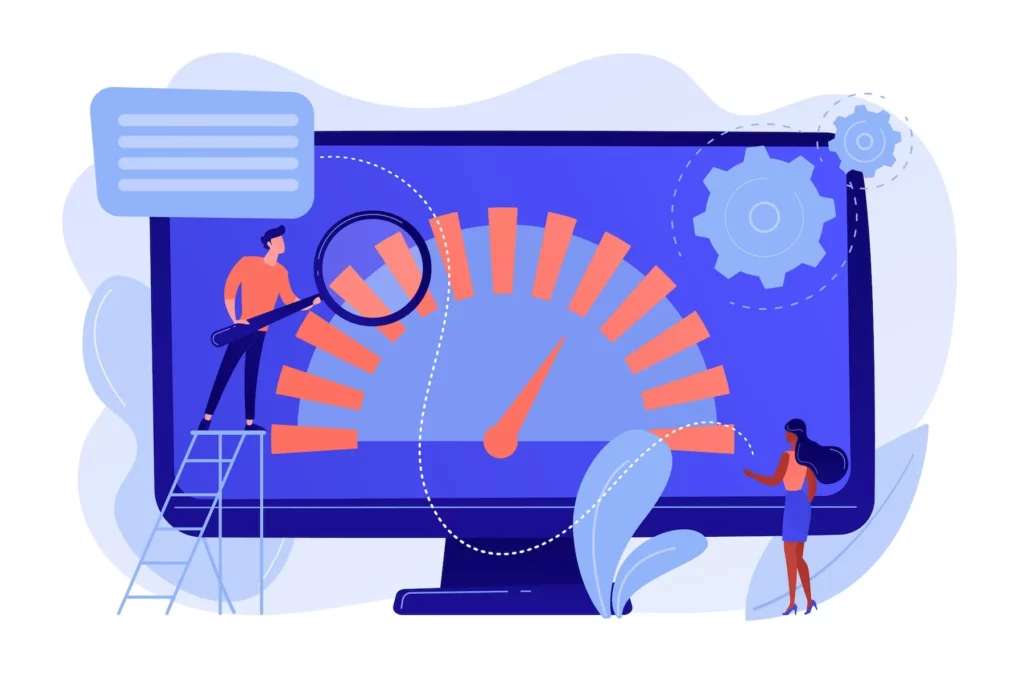
How speed WordPress site impacts your business success is often overlooked. While it might seem like a technical detail, website speed is a crucial factor in determining the user experience and, ultimately, your bottom line.
Slow loading times can lead to high bounce rates, meaning visitors leave your site before exploring your products or services. This translates to lost sales and opportunities.
WordPress how to speed up website is a question many beginners ask. The good news is that there are several effective strategies to enhance your website’s performance.
By optimizing your WordPress website, you can improve the user experience, boost search engine rankings, and increase conversions.
The Impact of Website Speed
WordPress site speed is slow can be a major setback for your online business.
A sluggish website can negatively impact your brand reputation.
Users expect fast loading times, and if your site doesn’t deliver, they’ll likely move on to a competitor.
Moreover, search engines like Google prioritize fast websites in their search results. A slow website can hurt your search engine rankings, making it harder for potential customers to find you.

How to Use WordPress Speed Optimization
How WordPress speed optimization can be achieved through a combination of technical adjustments and strategic decisions. While it might seem overwhelming, many of these steps are relatively easy to implement.
Technical Optimization
Choose a reliable hosting provider. A reliable host with fast servers and an optimized infrastructure can significantly improve your website’s performance.
Optimize Images: Compress images without compromising quality to reduce file size. Consider using tools like TinyPNG or Squoosh to optimize your images before uploading them.
Minimize Plugins: Evaluate each plugin’s necessity and deactivate ones that aren’t essential.
Use a Caching Plugin: A caching plugin stores static versions of your website, reducing server load and improving loading times. Popular options include WP Rocket, W3 Total Cache, and LiteSpeed Cache.
Enable Gzip Compression: Gzip compression reduces the size of files transferred between your server and the user’s browser. This can significantly improve loading times. Most hosting providers offer Gzip compression, but it’s worth checking your settings.
Optimize Your Database: Cleaning up your database can help improve performance. Several plugins are available to optimize your database.
Content Delivery Network (CDN): A CDN distributes your website’s content across multiple servers worldwide. This reduces loading times by serving content from a server closer to the visitor. While CDNs might involve additional costs, they can significantly enhance website speed.

Content and Structure Optimization
Choose a Lightweight Theme: Opt for a theme that is optimized for speed and performance.
Minify CSS and JavaScript: Combine and compress CSS and JavaScript files to reduce their size.
Use Browser Caching: Enable browser caching to store static files locally, improving subsequent load times.
Create a Clear Site Structure: A well-organized site with a logical navigation menu can improve the user experience and reduce loading times.
Optimize Content Delivery: Break down long pages into smaller, more manageable chunks. Use headings and subheadings to improve readability and loading times.
Prioritize Above-the-Fold Content: Load essential content above the fold to provide a faster initial user experience.
Performance Monitoring and Optimization
Monitor Your Website’s Performance: Regularly test your website’s speed using tools like Google PageSpeed Insights.
Set Performance Goals: Establish clear performance benchmarks and track your progress over time.
Continuously Optimize: Website speed is an ongoing process. Stay updated on the latest optimization techniques and technologies.
Join the GuruDesk community and be among the first ones to discover the hottest trends in web services! We are a team of web experts and we love sharing our knowledge and experience with our readers! We share tips and tricks on a wide range of topics, including web development, cloud services, and hosting. Whether you are a seasoned pro or just starting out, we promise you will find valuable information here. So go ahead, hit that “Subscribe” button and let the fun begin!






